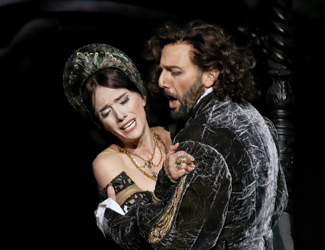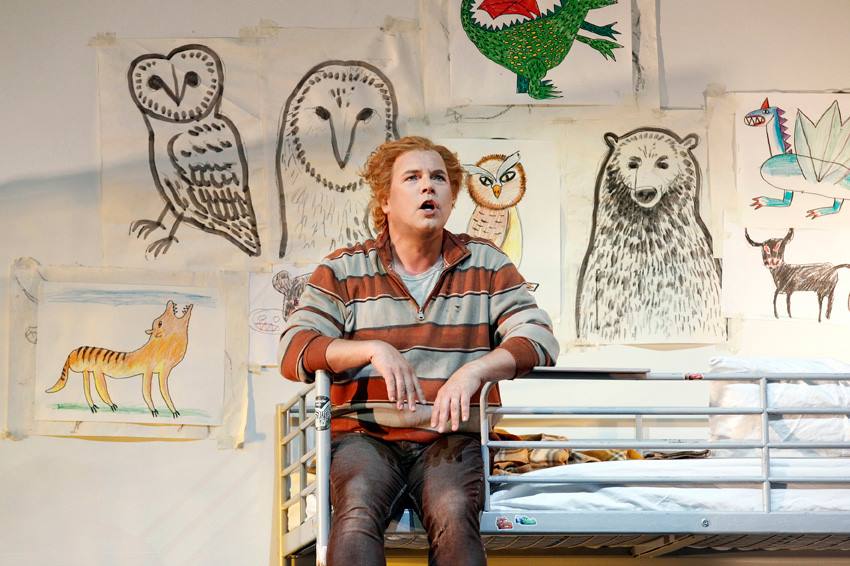Concert Review: Modigliani Quartet/ Musica Viva

The ‘Fab Four’ of chamber music, France’s Modigliani Quartet, returned to Sydney to perform under the auspices of Musica Viva earlier this week.
Hamstrung by an injury to resident cellist François Kieffer on the rain washed streets of Paris during the week before they left for Australia, the tour was salvaged by friend and colleague Christophe Morin stepping to fill the breach, joining violinists Philippe Bernhard and Loïc Rio and violist Laurent Marfaing.
Playing on instruments that glowed with the burnished patina of age, the four musicians charmed the audience with four string quartets that spanned 150 years, tracing the evolution of the form and representing some of the major exemplars of the canon, starting with the String Quartet opus 50 no 1 ( 1738) by Joseph “Papa” Haydn, the “Father of the String Quartet”, Schubert’s no 10 in E flat major, opus 125 (c 1813), Beethoven’s no 11 in F minor, opus 95 ‘Serioso’ (c 1810) and Shostakovich’s no 1 in C major, opus 49 (1938).
The instruments on which the Modigliani Quartet performed, were manufactured before or during the time span of the music they played and so we heard the programme as it might have sounded on the instruments of the time.
Such is the understanding amongst these musicians that they are able to launch into their music, chasing and suspending tempo and creating moods without even as much as the upbeat of a conductor. The level of implicit understanding they share, created an atmosphere of intense intimacy into which they graciously welcomed their audience. Delicate phrasing, brilliant technique and an expert ability to shine as a soloist yet fade into the background as an accompanist made for a masterful and entertaining account of their programme.
Haydn’s opus 50 no 1 was proof positive of the critical role of the cellist in the ensemble as Christophe Morin with his gloved left hand, set the scene with the solo bass line. It’s a work that brims with the sunny sweet optimism that is so characteristic of Haydn’s music.
Schubert’s gift for telling stories in song is presaged in his instrumental music with the ensemble blossoming into the narrative of the String Quartet no 10 in E flat major opus 125, written when Schubert was just 16 and strongly influenced by Salieri from whom Schubert was studying composition. The performance was memorable for the ensemble’s generous yet cohesive give and take of tempo, invigorating rhythm and an achingly beautiful Adagio.
Beethoven’s Quartet no 11 in F minor op.95 was given its nickname quartetto serioso, by Beethoven himself. Considered to be one of the greatest works written between 1808 and 1812, it defies convention and is a showpiece of economy, drama and innovative harmonies. The performance was thrilling with a searing tension let loose by the chromatic devices, the fugal writing and the complex tonal relationships that Beethoven created.
Composed for the Glazunov Quartet and premiered by them in Leningrad in 1938, the first string quartet of Shostakovich expresses little of the torment or satire that characterises some of his other work. It is, instead, a simple expression of light-heartedness, and is associated with springtime, underscored by the inclusion of folk melodies in the second movement, topped off with a high-octane delivery of the final Allegro. Another memorable rendition.
Four musicians, sixteen strings, one heart.
Shamistha de Soysa for SoundsLikeSydney©
The Modigliani Quartet’s tour for Musica Viva continues until October 17.






